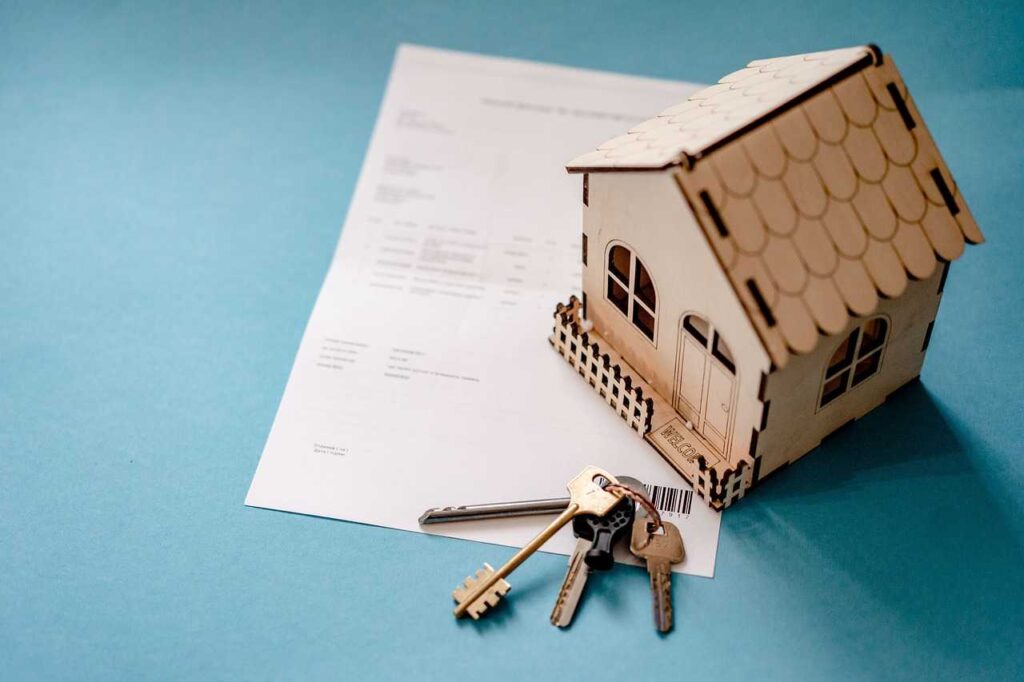When considering buying property in Spain, one of the key questions many investors face is: should the purchase be made in your own name or through a company? The decision depends largely on your individual circumstances, financial goals, and how you plan to use the property. Below, we’ll explore the pros and cons of each option, focusing on tax benefits, ongoing costs, and the implications for both personal and corporate ownership.
Buying a Property in Spain in Your Own Name
If your primary aim is to use the property for personal purposes—whether as a vacation home, your main residence, or a retirement property—purchasing in your own name is typically the simplest and most straightforward option.
Advantages:
- Tax Benefits for Residents: If you become a Spanish tax resident, you may be eligible for certain tax breaks when you sell the property. These could include reduced capital gains tax or exemptions if the property is your primary residence.
- Lower Administration Costs: Buying a property as an individual involves fewer ongoing administrative costs, such as accounting and corporate maintenance fees, compared to owning the property through a company.
However, owning a property as an individual may not be the best choice if you’re considering renting out the property, particularly if you are not an EU resident.
Buying a Property Through a Spanish Company (Sociedad Limitada)
For investors planning to rent out their property or make significant income from it, buying through a Spanish company, known as a Sociedad Limitada (SL), offers distinct tax advantages.
Key Considerations:
- Tax Efficiency: Non-EU residents renting out a property they own directly face a 24% tax on rental income, with no deductions allowed for expenses like maintenance, utilities, or property management. By contrast, if the property is owned by an SL, these running costs are deductible, reducing the taxable income. After deductions, the corporation tax is 25%.
- Loan Structuring: You or your limited company can lend the purchase money to the SL and charge a minimum interest rate of 3.75%. This allows for further deductions and efficient tax planning.
- Management and Control: As the owner or director of the SL, you can charge management fees for overseeing the property, which could provide a legal income stream in Spain, although this may be subject to local taxes and social security contributions.
Ongoing Costs:
Owning property through an SL incurs annual accounting and compliance costs, which typically amount to around €1,452 per year. However, for larger property portfolios, the tax advantages often outweigh these ongoing expenses.
Selling a Property: Tax Implications
Whether you own the property personally or through a company, selling comes with its own tax considerations.
- For Individuals: EU and non-EU residents pay capital gains tax at a rate of 19% on the profit from the sale of the property. However, any costs associated with purchasing and selling the property, such as legal fees, taxes, and renovations, can be deducted from the capital gains tax calculation.
- For Companies: If a company sells the property, it will pay corporate tax at 25% on any profit after deductions. Again, all costs related to the sale and purchase are deductible.
Final Thoughts: Which Option is Right for You?
Choosing between personal ownership and corporate ownership depends on your goals. If you plan to live in the property or use it for personal purposes, buying in your own name is typically simpler and more cost-effective. However, if you intend to rent out the property, particularly if you’re a non-EU resident, incorporating a Spanish company may offer significant tax advantages and greater flexibility.
Each situation is unique, so it’s essential to seek professional legal and tax advice to determine the best structure for your property purchase. My Lawyer in Spain, can guide you through every step of the process, whether you’re buying for personal use or through a company.



